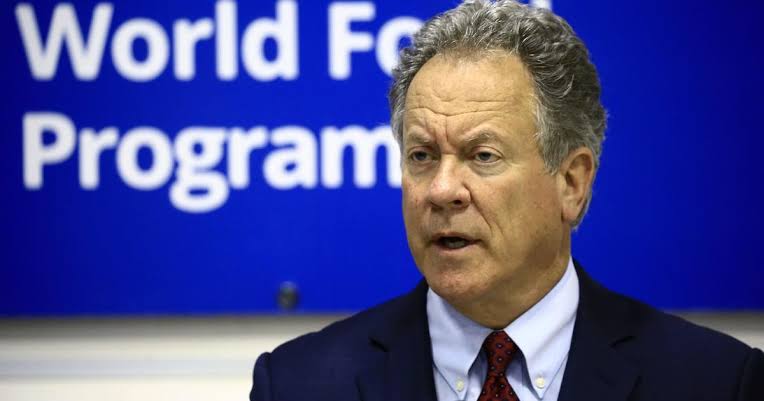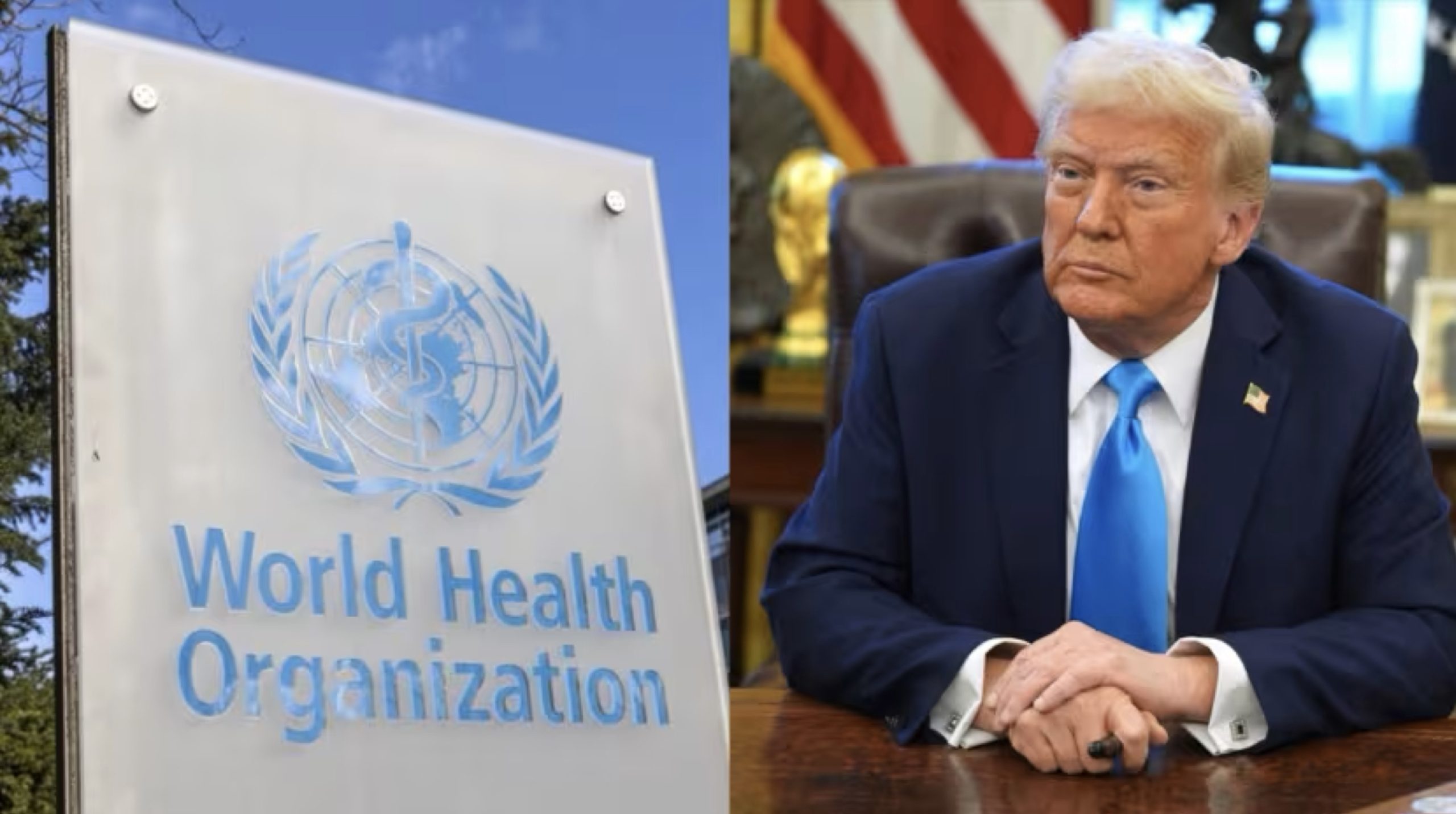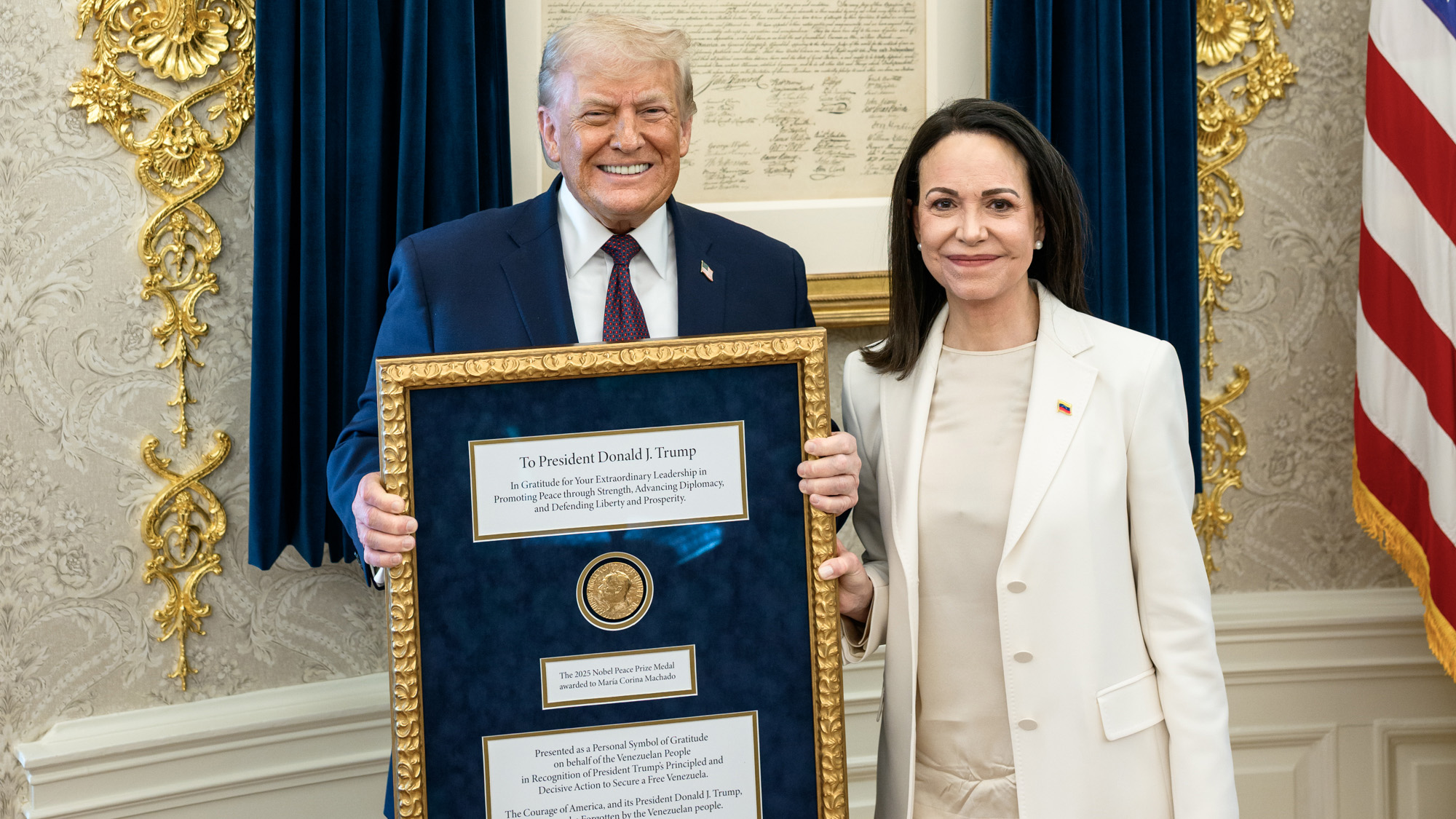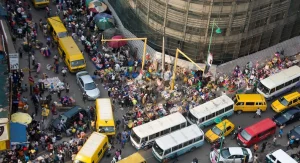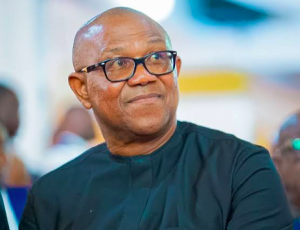Get Ready For ‘Hell,’ UN Food Chief Warns Amid Ukraine Shockwaves
UN FOOD CHIEF: World Food Programme flags famine risk in Africa and the Middle East as Ukraine war hits supplies.
The head of the world’s biggest food aid agency has a stark warning for European leaders: Pay more now to stave off global hunger or suffer a migration crisis later.
Russia’s war in Ukraine has sent a shockwave through international food markets, worsening the already dire problem of global hunger by disrupting supply and inflating prices.
That risks tipping the poorest, most famine-ravaged regions of the planet into political chaos and creating an unprecedented migration crisis, according to David Beasley, the World Food Programme’s executive director.
In an interview with POLITICO, Beasley warned that Europe must donate more funding urgently or it will bear the brunt of the fallout.
“We’re billions short,” he said. “Failure to provide this year a few extra billion dollars means you’re going to have famine, destabilization and mass migration.”
Beasley’s intervention will sharpen minds as EU governments draw up plans to address the food crisis resulting from the war, with a proposal expected as early as Wednesday.
Russia and Ukraine are among the world’s biggest producers and exporters of grain. The disruption caused by the war has a direct impact on countries that rely on these supplies in the Middle East and Africa.
Half of Africa’s wheat imports come from Ukraine and Russia, which is also a major fertilizer exporter. As for Ukraine, its exports have ground to a halt and its capacity to keep growing food this year is hanging by a thread. The crunch point will come in the fall, Beasley said, when the full impact of the war’s disruption is likely to be felt.
“If you think we’ve got hell on earth now, you just get ready,” Beasley warned. “If we neglect northern Africa, northern Africa’s coming to Europe. If we neglect the Middle East, the middle East is coming to Europe.”
The economic conditions facing these parts of the world are now worse than they were in the run-up to the Arab Spring, he said. And it’s not just the populations of Middle Eastern and North African countries who will feel the squeeze.
The WFP is already feeding millions of people further south in Sahel countries like Niger and Burkina Faso, where problems will worsen if global food prices stay sky high. “I’ve been warning our developed nations for several years now that the Sahel is going to collapse if we’re not careful,” he said.
Beasley is on an urgent fundraising mission to Brussels, where he held talks with two EU commissioners on Tuesday. If the food crisis spins out of control and the world faces critical supply shortages, the rich West will not be spared from political unrest.
“What do you think is going to happen in Paris and Chicago and Brussels when there’s not enough food?” he said, speaking in the sumptuous surroundings of Belgium’s Royal Fine Arts Museum, where the EU held a major humanitarian conference this week. “It’s easy to sit on your high horse in your ivory tower when you’re not the one starving.”
